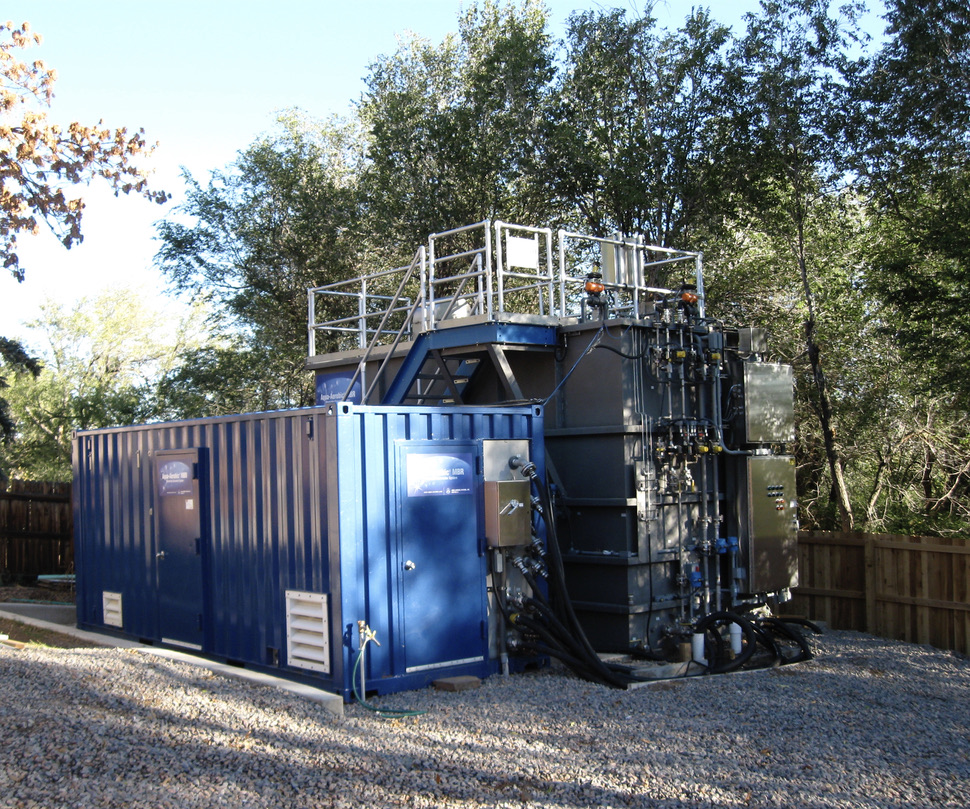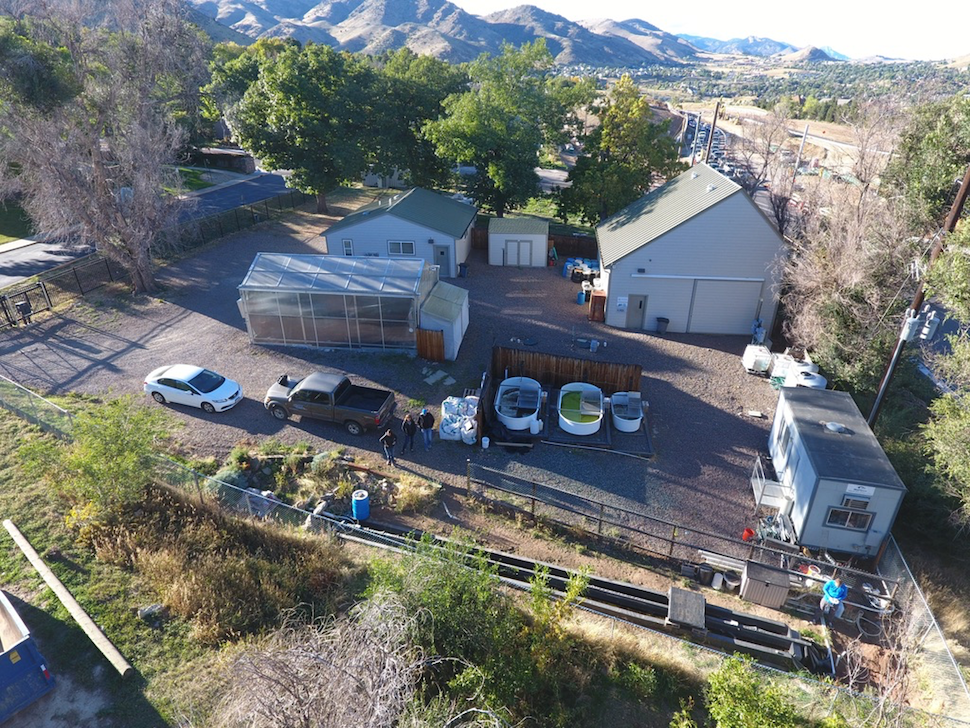Mines Park Water Reclamation Hub
Demonstration Scale SBR-MBR
Onsite wastewater treatment systems serve approximately 25 percent of the U.S. population. Onsite systems, both in the United States and globally, should be effective in protecting public health and receiving environments, while also being affordable and sustainable. Onsite and decentralized systems have the potential to achieve these goals in rural areas, peri-urban developments, and urban centers in small and large cities. Moreover, they can improve water-use efficiency, conserve energy, promote green spaces, and help restore water resources. More importantly, onsite and decentralized systems have the potential to yield enormous benefits across the developing world, where estimates are that 1.2 billion people lack clean water supply and 2.5 billion people lack adequate sanitation; resulting in close to 3.4 million annual deaths from waterborne disease.
Historically, onsite wastewater systems relied on soil for disposal of human waste and wastewaters. For much of the 20th century, soil-based waste-disposal systems, such as privies, cesspools, seepage pits, and leachfields were viewed as methods for keeping human wastes and pollutants away from people and surface waters. These disposal systems were not explicitly designed to achieve a desired treatment performance. As a result, the performance of such systems, that were implemented decades ago, can be relatively poor compared to the performance that modern treatment systems can achieve.
Advanced wastewater treatment systems produce higher-quality effluent water suitable for direct discharge to a stream or for reuse on site. Specifically, in areas that either lack suitable subsurface conditions for infiltration or are water-stressed, reusing reclaimed water locally can offer opportunities for landscape irrigation, toilet-flushing, car washing or stream flow augmentation.
Membrane bioreactors (MBR) represent a new technology that can provide an effluent quality that commonly exceeds the water quality of large centralized, conventional wastewater treatment plants. MBRs are increasingly used to replace conventional plants, and when considering their small footprint, they provide a great opportunity for decentralized treatment of municipal wastewater. The Advanced Water Technology Center (AQWATEC) at Mines partnered with Aqua-Aerobic Systems, Inc. to explore the viability of new hybrid treatment systems using sequencing batch reactors (SBR) with submerged ultrafiltration membranes. The Aqua-Aerobic® MBR demonstration system is designed for small communities or cluster homes, providing an effluent quality that is suitable for onsite reuse.

